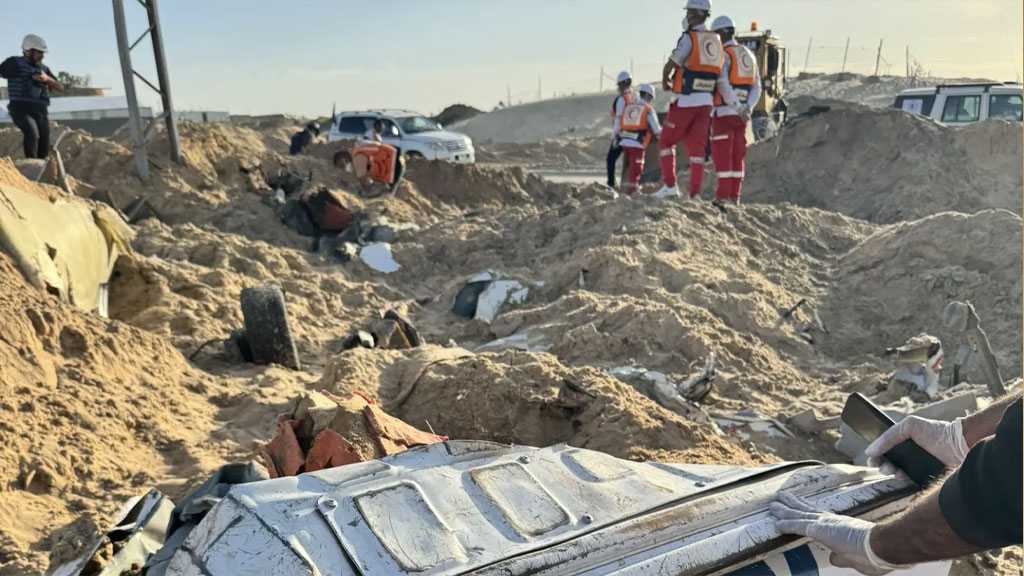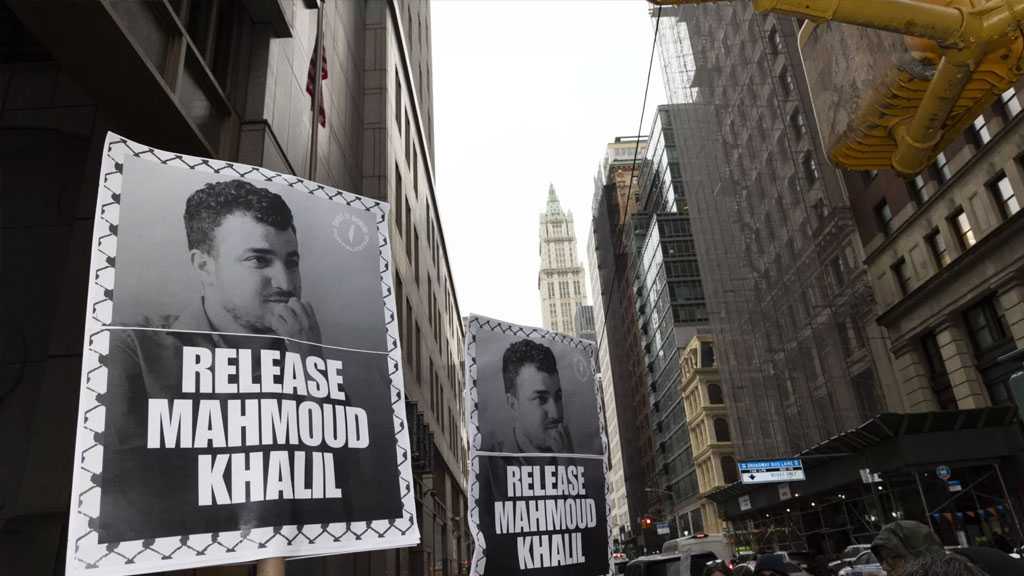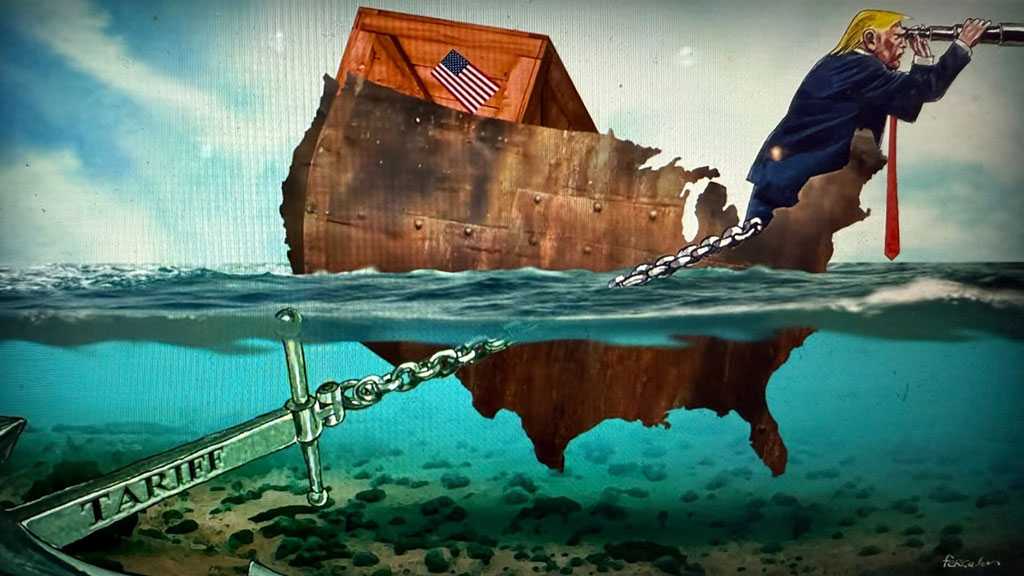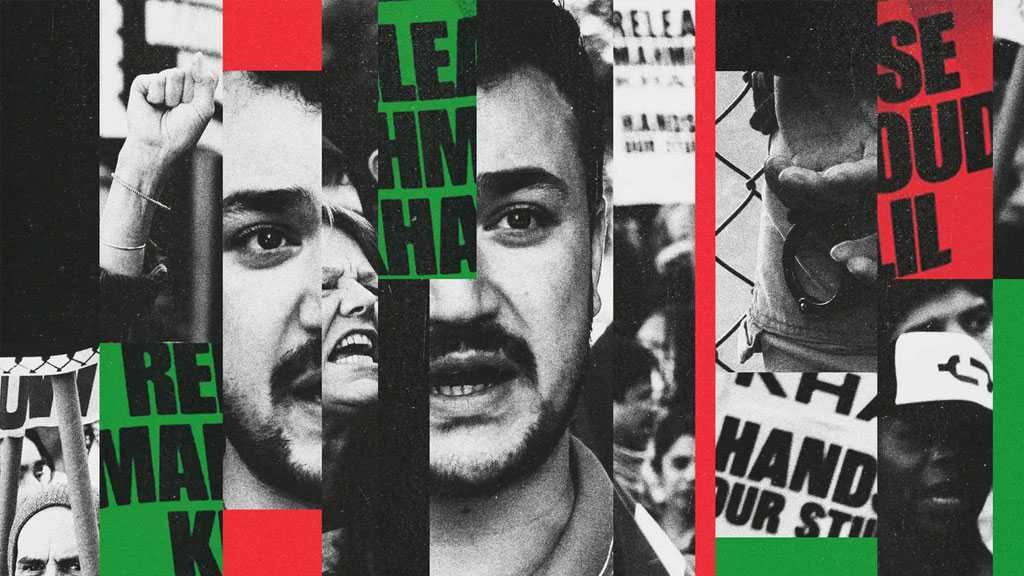Saudi Royal Family is Still Spending in an Age of Austerity!
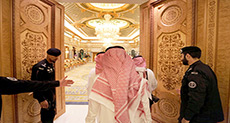
Nicholas Kulish, Mark Mazzetti
Behind a tall perimeter wall, studded with surveillance cameras and guarded by Moroccan soldiers, a sprawling new palace for King Salman of Saudi Arabia rose on the Atlantic coast here last summer.

Even as the Saudi government canceled a quarter of a trillion dollars' worth of projects back home as part of a fiscal austerity program, workers hustled to finish bright blue landing pads for helicopters at the vacation compound and to erect a tent the size of a circus big-top where the king could feast and entertain his enormous retinue.
The royal family's fortune derives from the reserves of petroleum discovered during the reign of Salman's father, King Abdulaziz ibn Saud, more than 75 years ago. The sale of oil provides billions of dollars in annual allowances, public-sector sinecures and perks for royals, the wealthiest of whom own French chateaus and Saudi palaces, stash money in Swiss bank accounts, wear couture dresses under their Abayas and frolic on some of the world's biggest yachts out of sight of commoners.
King Salman serves as chairman of the family business unofficially known as "Al Saud Inc." Sustained low oil prices have strained the economy and forced questions about whether the family - with thousands of members and still growing - can simultaneously maintain its lavish lifestyle and its unchallenged grip on the country.
"The people have less money than before, but the royal family have the same," said Prince Khalid bin Farhan al-Saud, a dissident member of the extended family living in Germany. "There is a lot of state money which is concealed from the budget, which is determined by the king alone."
These are anxious times for the royals, led by an 80-year-old who has already had at least one stroke and is likely to be the last of six sons of the founding monarch to serve as sovereign. He must wrangle a band of relatives, from the merely well-off to billionaires, who are accustomed from birth to privilege and plenty.
In his two-year reign, King Salman has upended the traditions of succession, creating rifts after bypassing several brothers to position the next generation - a nephew and a favorite son - in line for the throne. He has ousted prominent members of other branches of the family from governorships and top ministry jobs, consolidating power but sowing some discontent in a family that demands unity.
While there are serious problems beyond the borders - a costly war in Yemen, violence in Iraq and Syria, an emboldened Iran - it is the country's economic troubles that risk roiling ordinary citizens, if their own cradle-to-grave benefits are cut too much. Many royals are wary of any disclosures about their wealth that could provoke public criticism.
Revenues from the national oil company, Saudi Aramco, have long been the lifeblood of government spending. Some in the family have resisted a proposal by the king's son Deputy Crown Prince Mohammed bin Salman to partly privatize it, since listing it on stock exchanges in New York or London would bring new audits of Aramco and possibly more insights into government funding, and in turn, money for the royals.
That concern has led some senior family members to quietly explore alternatives to the privatization plan, though Saudi officials said it remains on track.
Facing huge budget gaps, the government has cut public-sector pay along with subsidies, sending gasoline, electricity and even water bills higher. The kingdom has begun borrowing by the billions both at home and abroad. And hiring by the government - a large and sought after employer for Saudis - has been cut, instilling fear for the future in younger people who cannot find work.
Royals are sharing the pain, according to Anas al-Qusayer, the spokesman for the Ministry of Culture and Information, who said that their allowances had been reduced. At least some royals, though, have seen no decline in their stipends, according to several Saudis close to the family.
"Under Salman, princes again appear to enjoy a lot more material privileges, and the core allowance system has not been changed," said Steffen Hertog, an associate professor at the London School of Economics who wrote a book on the political economy of Saudi Arabia, "Princes, Brokers and Bureaucrats."
Some Saudi royals are still spending big. Dania Sinno, a real estate agent with Belles Demeures de France, said that multiple family members had been buying property in Paris in the last year. She recently sold a nearly 11,000-square-foot apartment on the exclusive Rue Octave-Feuillet for more than $30 million to a Saudi princess.
King Salman already had significant holdings in France. Property records there show that he owns a dozen apartments in the affluent 16th Arrondissement of Paris, worth an estimated $35 million. He also maintains a luxury chateau on the Côte d'Azur in France and a palace in Marbella on Spain's Costa del Sol.
The king, of course, does not lack for options at home, with a network of marble-columned palaces and countryside retreats stretching from the Red Sea to the Persian Gulf. But the Tangier compound appears to be his current favorite getaway.
During his visit this summer, some hundred black Mercedes sedans and Range Rovers were waiting to chauffeur the royal party around town. The palace complex includes its own medical facilities and top-flight restaurant kitchens that turn out dishes with lobster, caviar and truffles flown in from France.
Many staff members had to leave their phones at the gate so photos did not leak out. But a Twitter gadfly working under the pseudonym Mujtahidd, who has successfully predicted some major royal news in the past, broadcast to his 1.7 million followers details about the construction, luxury cars and five-star hotels for the entourage. Mr. Qusayer, the spokesman, said in a written statement that the costs were covered from the king's personal account, not by the government.
Some on the household staff, who did not want to be identified so they could continue working for the Saud family, said they received an unusual gratuity when they handed in their ID badges: a free trip for a pilgrimage to Mecca...
Source: NYT, Edited by website team

